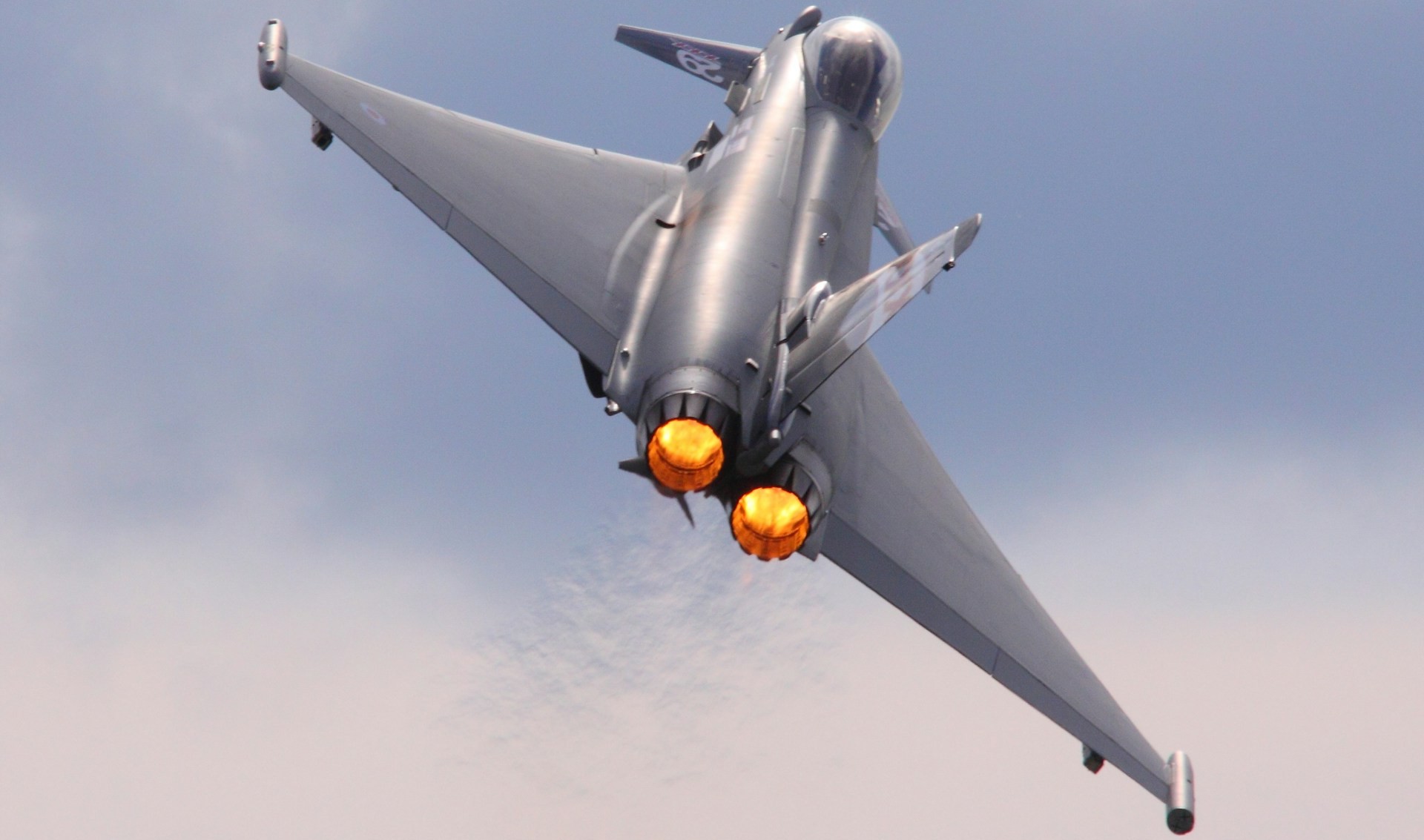Defence Reviews should be forward looking, but can they see past the rear view mirror?

September brought news that the Defence Review is to be reviewed, with the elephant bear in the room being the latest invasion of Ukrainian territory by Russia. The Chair of the Commons Defence Select Committee, Tobias Elwood, has been quoted as saying "I think it needs to be revisited in every aspect. The world has changed fundamentally...". So it has taken a mere 18 months to decide that the last review was wrong.
Of course it was - these things always are. Geo-political forecasting is about as accurate as economic forecasting, but Governments employ both to make long-term plans and big spending decisions, and then rush to change them to account for what just happened. But 'what just happened' is never 'what's going to happen next'. There's no shame in failing to predict the future - if you can do that there is a fortune to be made gambling or playing the stock market, but that also doesn't mean that planning exercises are pointless.
The problem, and I think the UK suffers from this more than most, is that Defence Reviews are a presentation of aspiration rather than acceptance of reality. They present a politically-driven but fundamentally dishonest desire to be "Global Britain", layered on top of foundations that are in some places extremely shaky. The 2021 Defence Review rightly acknowledged the threat of Russian aggression in Europe, but drew everyone's eyes away from that with an "Indo-Pacific tilt" with plans for Carrier Strike Group operations in the South China Sea and a new floating base for permanent deployment of Royal Marines abroad. But this plan was underpinned, or perhaps undermined, by wholesale cuts to personnel, surface ships, fighter jets, armoured vehicles, helicopters etc and the tilt now looks more like a wobble.
The next Defence Review needs to be more than a simple refresh of the 2021 exercise. It needs to be driven from the ground up, starting with prioritising homeland defence of the UK and Overseas Territories followed by meeting our NATO commitments. Only once those building blocks are in place should the UK be considering a persistent presence further afield. And there needs to be an honest conversation with the British people about our place in the modern world, and the price of maintaining it. Once we have that, there is a practical and moral imperative that we don't ask our armed forces to put themselves in harm's way by doing more than we are prepared to equip and resource them for. We need to avoid core capability gaps that open up from retiring equipment before it's replacement is available, and reduce our dependence on unreliable and obsolete kit.
As an island nation dependent on imports of food and energy, and with a service-heavy economy dependent on communications, we need to ensure that we can monitor and defend our airspace and shipping lanes effectively against both conventional and new threats which might include things like unmanned underwater drones attacking subsea cables and pipelines. Having adequate fleets of P-8 Poseidon Maritime Patrol and E-7 Wedgetail AEW aircraft (preferably delivered before their predecessors go out of service) would do more for UK security than could ever be achieved by having an aircraft carrier in the pacific.
All that is not to say that the UK doesn't have vital interests in other parts of the world - of course it does. But that is why we build and maintain alliances. We don't have to be everywhere, doing everything, provided we have allies watching out for our interests around the world and in return we support allied interests in our neighbourhood.
Let's hope the next Defence Review focuses its attention closer to home and starts the process of rebuilding our capabilities from the ground up, with a strong and comprehensive defence posture for our backyard of Western Europe and the North Atlantic, rather than spreading our dwindling armed forces personnel and equipment paper-thin across the globe.




